Search Results
Showing results 741 to 760 of 1179
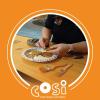
Cookie Paleontology
Source Institutions
In this activity, learners will explore paleontology and archaeology. They will learn about technique as they excavate raisins and chocolate chips from cookies.

Color Splash
Source Institutions
In this activity, learners mix water, cooking oil, and liquid food coloring to create beautiful colored designs in a cup. Use this activity to explore liquid density and solubility.
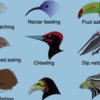
Bird Watch
Source Institutions
In this group or individual activity, learners are encouraged to watch birds near home or school—possibly where birds are nesting in a tree, pecking in a park, feeding from a feeder, or flying through

Globe at Night
Source Institutions
In this international citizen science activity, learners measure their night sky brightness and submit their observations into an online database.

EEEEK--A Mouse!
Source Institutions
In this activity, learners explore the concept of how engineering solved the problem of human/computer interface.
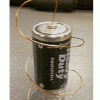
Simple Spinner
Source Institutions
In this activity, learners create a tiny electric, motorized dancer. Learners use the interactions of magnetism and electric current to make a wire spin, while displaying the Lorentz Force in action.
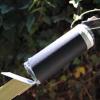
Periscope
Source Institutions
In this activity, learners construct a device that allows them to look over ledges or around corners.
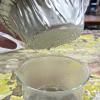
Wonderful Weather
Source Institutions
In this activity, learners conduct three experiments to examine temperature, the different stages of the water cycle, and how convection creates wind.
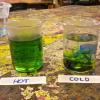
Energetic Water
Source Institutions
In this activity, learners explore how hot and cold water move. Learners observe that temperature and density affect how liquids rise and fall.

Parachute Parade
Source Institutions
In this engineering activity, learners design parachutes to give toy figures safe landings. This activity is great for practicing an important STEM skill--changing only one variable at a time.
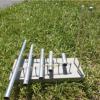
Metallophone
Source Institutions
In this activity, learners explore sound by constructing an instrument using some metal pipes, rubber bands, and a baseboard.
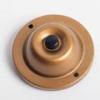
Two Button Buzzer Circuit
Source Institutions
In this activity, learners explore an everyday situation, where either of two or more buttons can ring a buzzer.
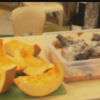
The Decayed Pumpkin
Source Institutions
In this "Sid the Science Kid" activity from Episode 106: My Mushy Banana, learners explore the effects of decay by comparing and contrasting something (an old pumpkin) that's decayed with the same thi

Puff Mobile
Source Institutions
In this engineering activity, challenge learners to design a car using only 3 straws, 4 Lifesavers™, 1 piece of paper, 2 paper clips, tape, and scissors.
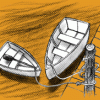
Watercraft
Source Institutions
In this design challenge activity, learners build a boat that can hold 25 pennies (or 15 one inch metal washers) for at least ten seconds before sinking.

Go with the Flow
Source Institutions
In this quick and easy activity and/or demonstration, learners use two empty soda cans to illustrate Bernoulli's principle.
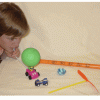
What is Energy?
Source Institutions
In this exploratory activity, learners experiment, observe and determine how various toys change from one form of energy to another.

Modeling Tidal Action
Source Institutions
In this activity (Lesson 1), learners work in groups to create tide simulations.

Three Colors of Light
Source Institutions
Have fun with additive mixing! Observe what happens when the three primary colors of light--red, green and blue--are mixed together, resulting in white light.

Magnetic Lines of Force
Source Institutions
With a magnet, iron fillings, and a bottle, you can create a cool demonstration about magnetic lines of force: the fillings will arrange themselves within the magnet's magnetic field.
